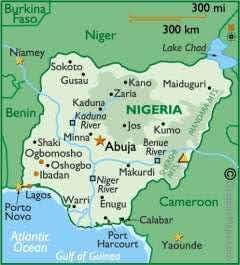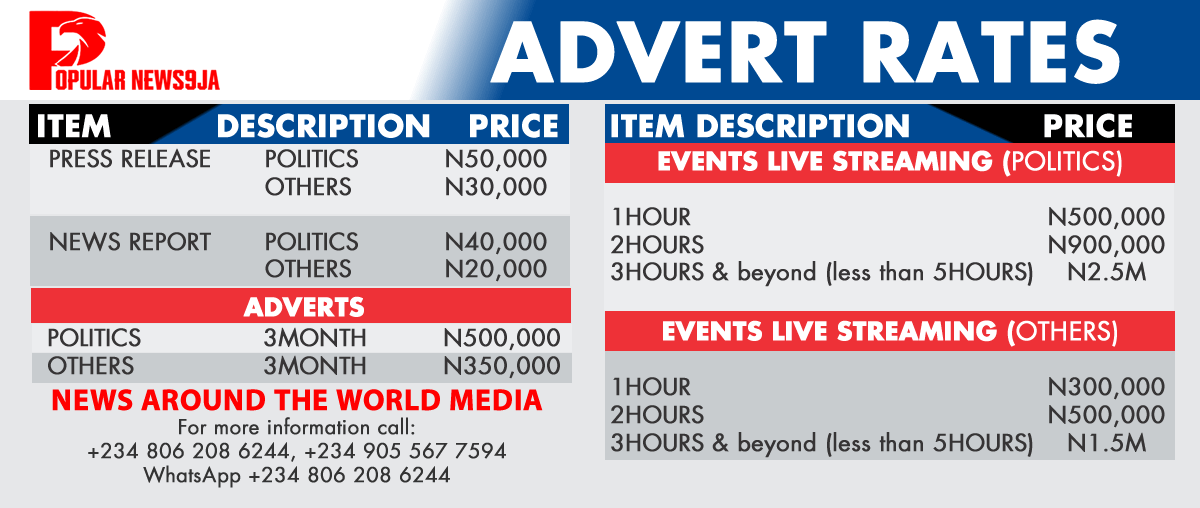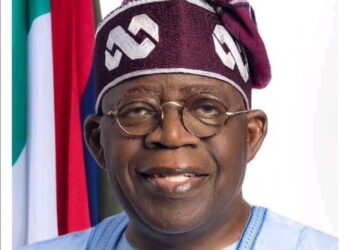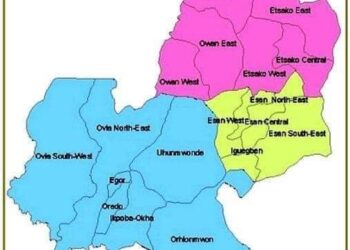By Isokpunwu Goddy Ehikioya
Sports have been noted as a strong source of harnessing diversities that may exist in a political system as in Nigeria for sustainable socioeconomic and political development. Sports have been used by many countries, including Nigeria as justification for foreign policy and a veritable vehicle for peaceful coexistence.
In our daily lives and activities, we are attracted to one sporting event or the other on different media platforms. More often than not, we spend time talking about sports, particularly football. These days, our lives have been surrounded with one sporting activity or the other, this is made possible by the emergence of information revolution.
Sports as business, education, socializing and war are all parts of the real world. There is no gainsaying that over the years sports has become a veritable tool of development, entertainment, source of livelihood and an agent of change that bond people across the world. In a country as Nigeria where politics of ethnicity has become the norm, it has become a common sight to see people of different tribes and creed watch sporting events together without having recourse to tribal or religious sentiments.
Obviously, sports in Nigeria has grown from a humble beginning as an entertainment and recreational part time activity to a prominent phenomenon and a lucrative gold mine, breaking cultural differences and regions through its impact and harnessing our diversities by its influence felt in all spheres of lives of the citizenry.
Nigeria is a country riddled with political crises, religious bigotry and ethnic prejudice but all these are always put aside as Nigerians, irrespective of their political affinity, religious commitment and or ethnic affiliation, are always in unison when it comes to sports, especially football. In practical terms, sports has been defined by its social interpretation as well as its strong association with physical exertion and performance measures.
The contribution sports has made toward curbing youth restiveness and peace building efforts has generally been considered at the grassroots and state level. At grassroots or community level, sports can be seen to provide a useful way of creating an environment in which people can come together to work towards the same goal, show respect for others and share space and equipment.
Sports, whether live, competitive, recreational or league based allow politically tensed situations, cultural differences and inequality to be put aside for the sake of both local and world tournaments that unite over sports such as the Olympics, FIFA World Cup, All African Games, Africa Cup of Nation and National Sports Festival etc.
Sports have been transformed to one very big money spinning industry in Nigeria and the globe at large. So, sports now have the power to contribute meaningfully to the economic development of a society or country. Sports has created more sources of income for countries through the production of sporting goods such as sports wears, balls and other merchandize in the sports industry. The manufacturers of these materials generate millions of dollars yearly in income for the manufacturing companies and creating millions of direct and indirect employments for millions of people and have led to the development of sports related services and infrastructure for the hosting of sporting events.
Against the backdrop of the above enumerated importance of sports in economic development and national cohesion, there is the need for the local, state and federal governments to partner or synergize with the private sector in order for the people and the society at large to reap the benefits that lay in sports and the sports industry.















Discussion about this post